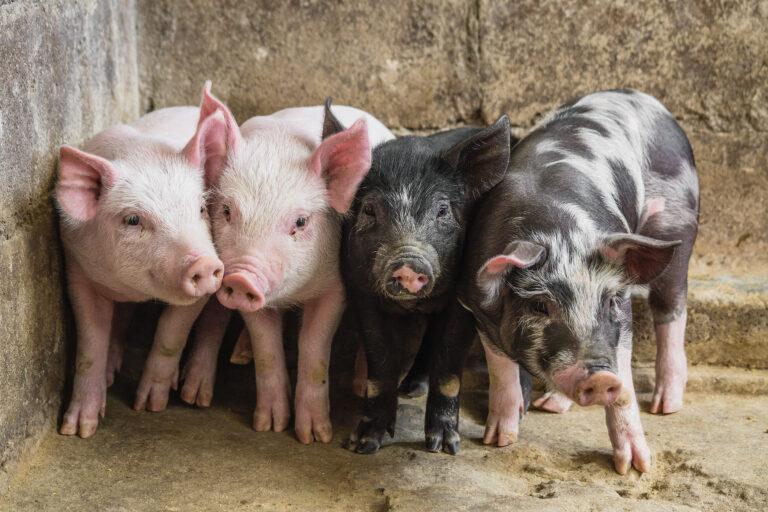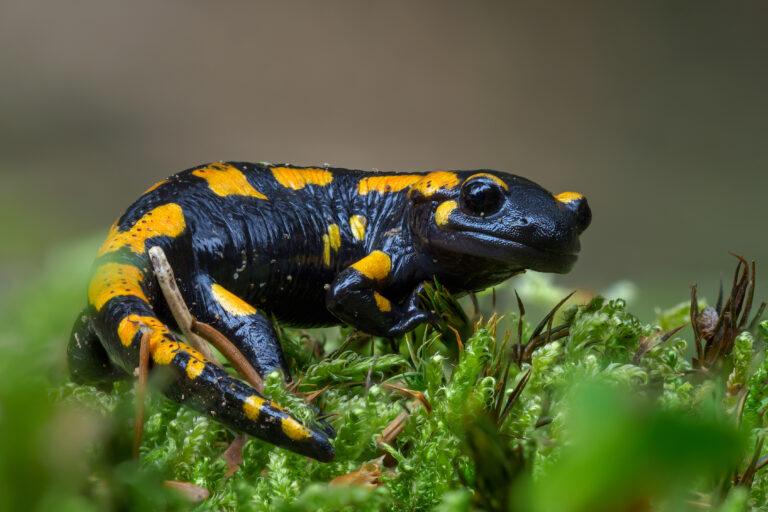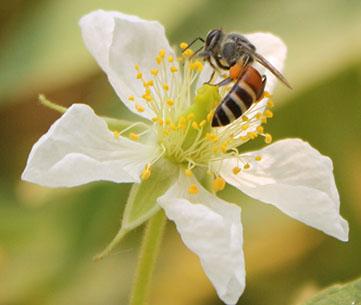Application of drones in animal husbandry and animal health: Systematic literature review
Megjelent kollégáink új publikációja “A drónok alkalmazása az állattartás és az állategészségügy területén: Szisztematikus szakirodalmi áttekintés” címmel a Magyar Állatorvosok Lapjában.




